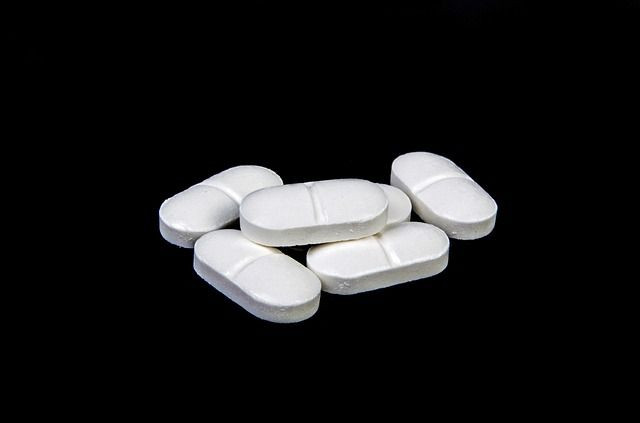Daily Low-Dose Aspirin May Reduce Breast Cancer Risk; Plus More Potential Benefits Of Painkiller

Aspirin, the commonplace medication you’d likely find in any kitchen or bathroom medicine cabinet, may have cancer-preventing abilities. A new study, published online in the journal Breast Cancer Research, found that women who regularly take low doses of aspirin have a lower risk of breast cancer.
According to the research, women who take aspirin regularly saw a 20 percent reduced risk of developing HR-positive/HER2 negative breast cancer, one of the most common forms of the disease, CNN reported. What’s more, women who took other nonsteroidal anti-inflammatory medications such as ibuprofen did not see as much of a difference, nor did women who took high-dose aspirin.
The researchers suggest that aspirin’s ability to lower inflammation may explain why it helps to reduce cancer risk.
"Simply things like obesity or inflammatory conditions are a risk factor for breast cancer, so this may be one reason it could help," lead author Leslie Bernstein told CNN.
The aspirin may also work as an aromatase inhibitor, which stops the production of estrogen, a hormone that can stimulate the growth of certain breast cancer cells.
For the study, 57,000 women who were part of the California Teachers Study were examined as they took either a drug or a placebo over an extended period of time. As previously stated, results showed that only a low regular dosage of aspirin resulted in lower breast cancer rates.
While the results may be exciting, the researchers warn that it’s not safe to add low-dose aspirin to your daily regimen without a doctor’s recommendation, and that this study is merely observational and cannot yet determine cause and effect. In addition, aspirin should not be taken by those with blood conditions, as it can increase bleeding, CNN reported.
According to Medical News Today, aspirin (acetylsalicylic acid) is a non-steroidal anti-inflammatory drug (NSAID), most widely used to treat minor aches and pains, and to reduce fever. Aspirin is a derivative of salicylate, which can be found in such plants as willow trees and myrtle, which have been used by our ancestors to treat minor pain long before the drug was developed.
This is not the first health benefit of aspirin, aside from its well-known use as a painkiller. For example, the drug is already recognized as a treatment for cancer patients, as, alongside chemotherapy and radiotherapy, daily aspirin has been shown to reduce the risk of death for bowel cancer patients by as much as 15 percent.
Source: Clarke CA, Canchola AJ, Moy LM, et al.Regular and low-dose aspirin, other non-steroidal anti-inflammatory medications and prospective risk of HER2-defined breast cancer: the California Teachers Study. Breast Cancer Research . 2017
See Also:
Are You Taking Aspirin Daily? Benefits And Risks Revealed In New Study
How Aspirin Fights Cancer Theory: Facts To Know Before Including Into Your Routine
Published by Medicaldaily.com



























